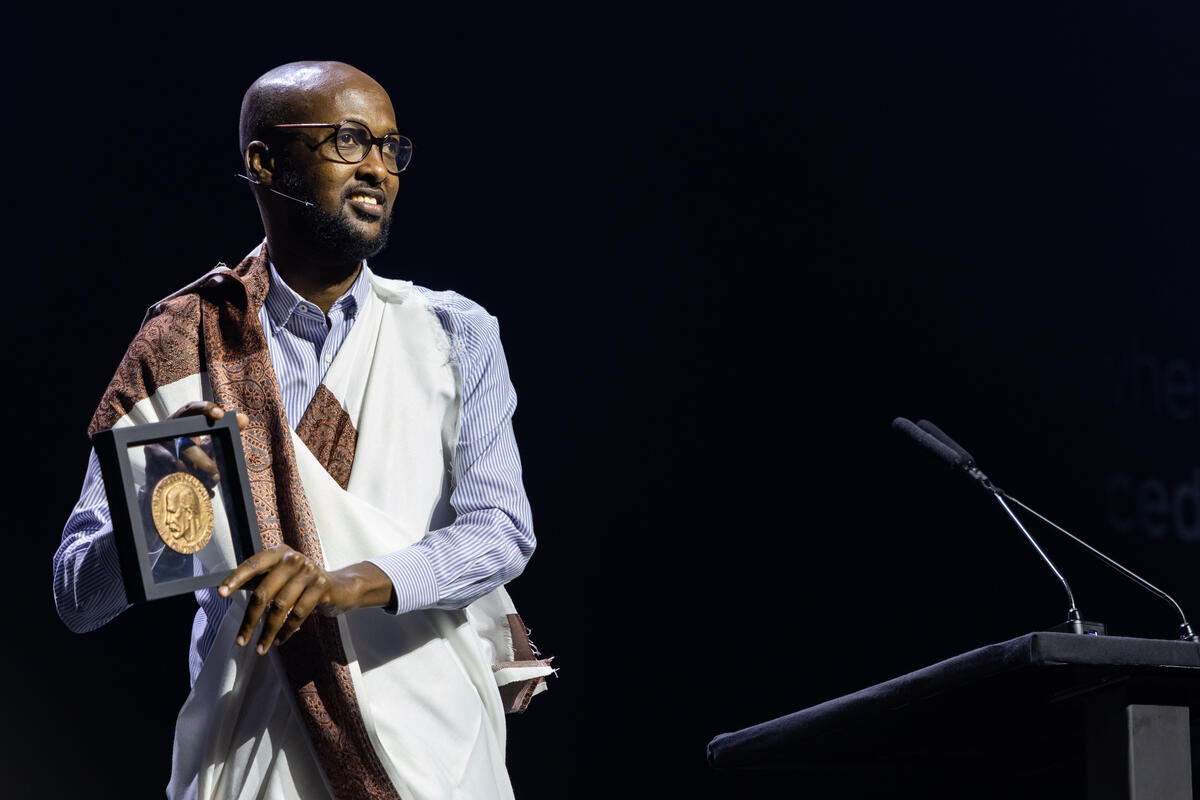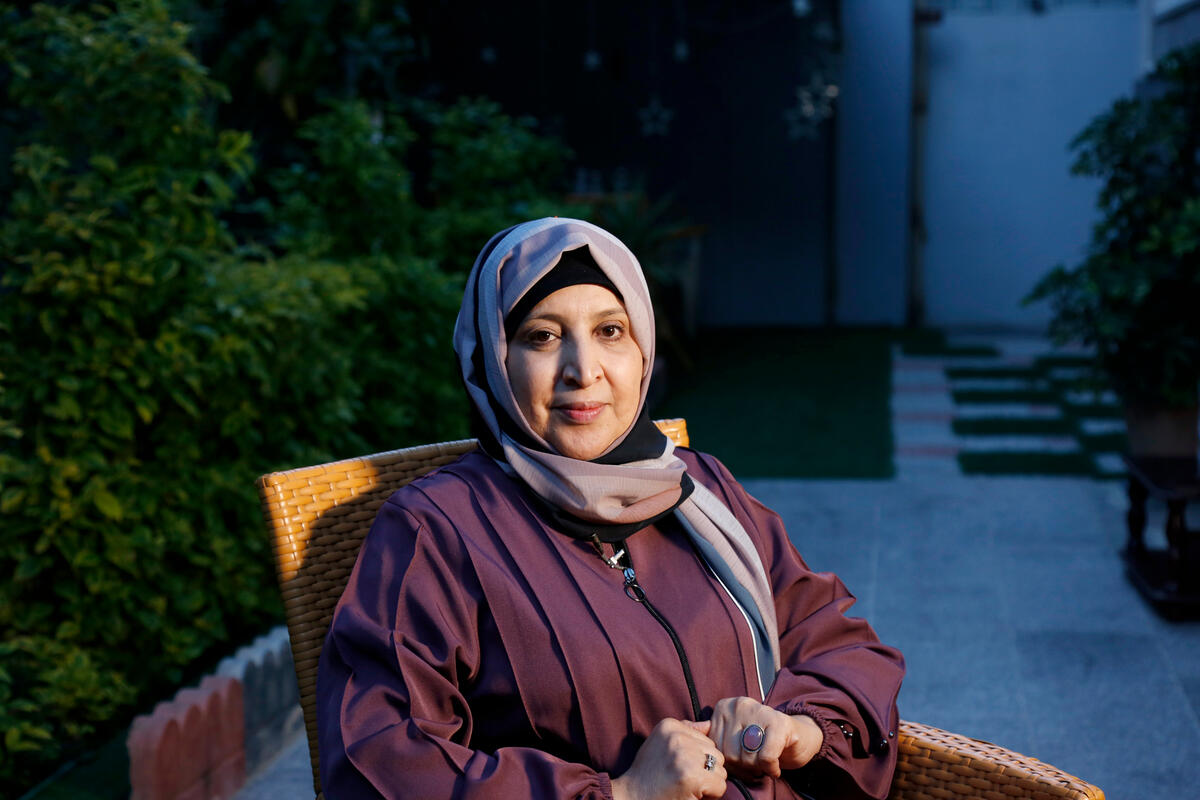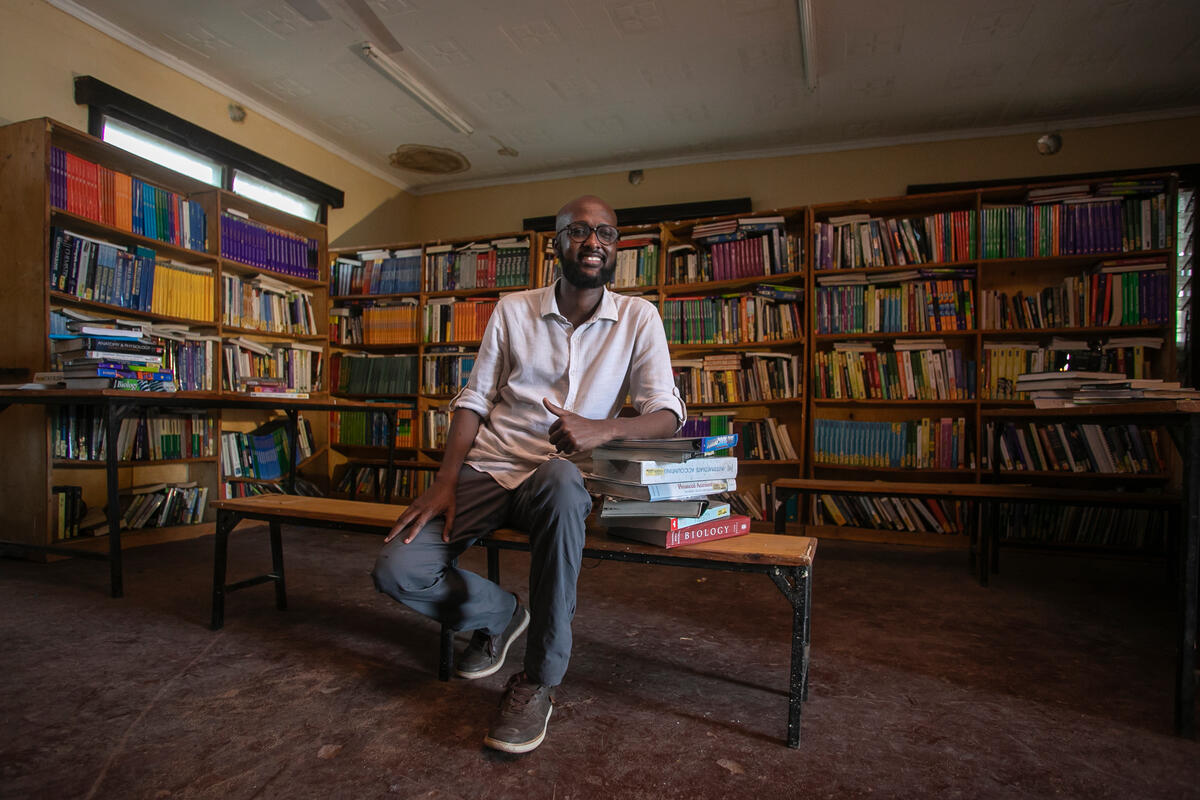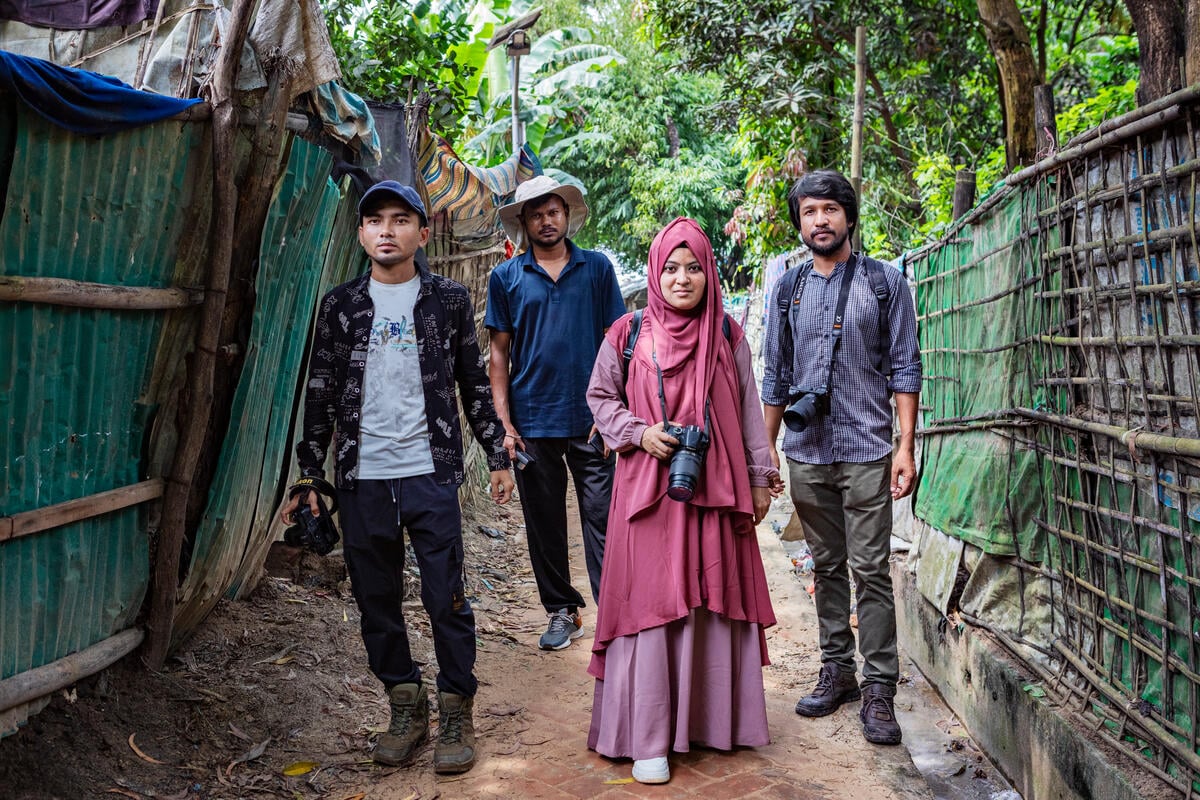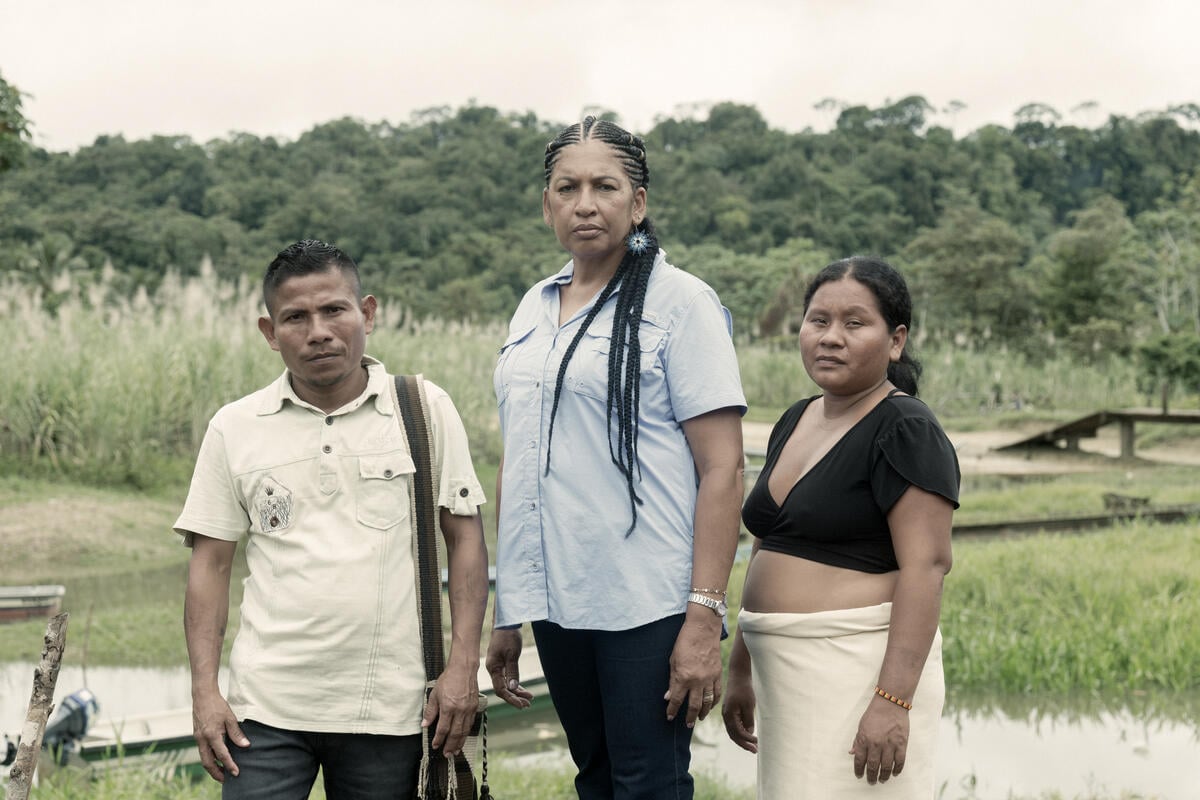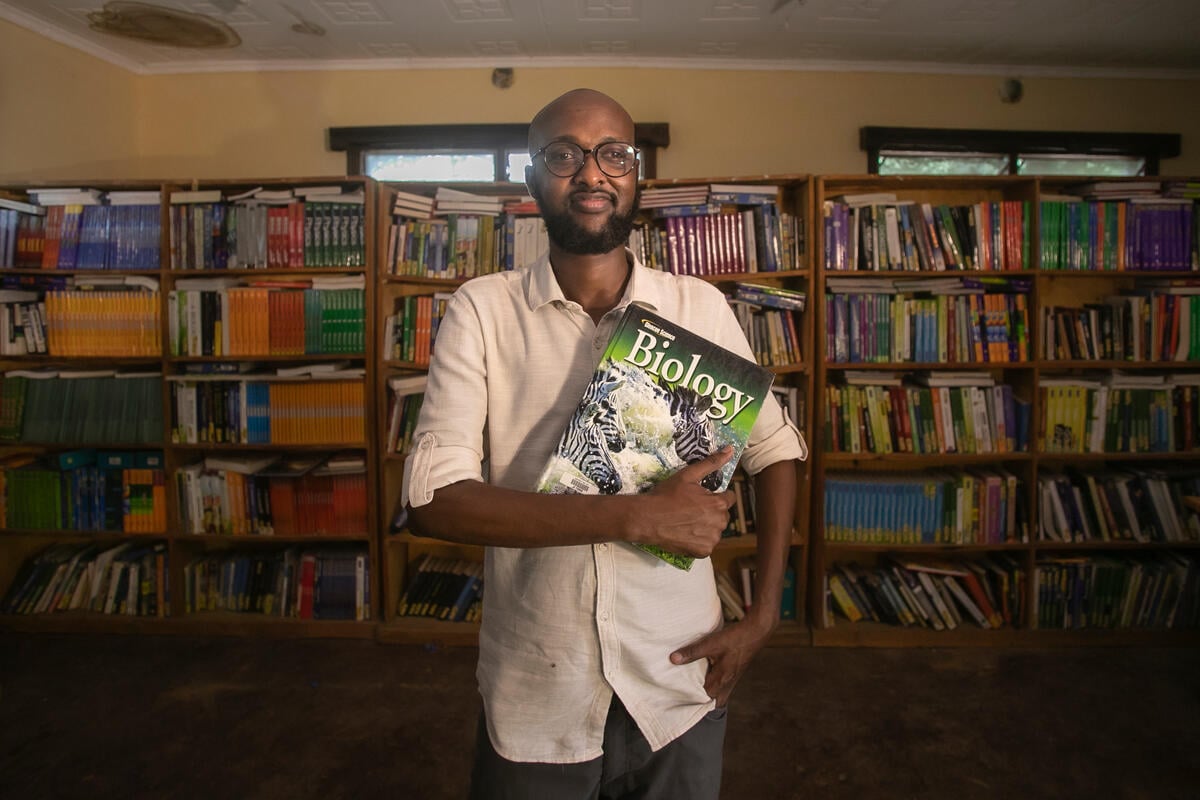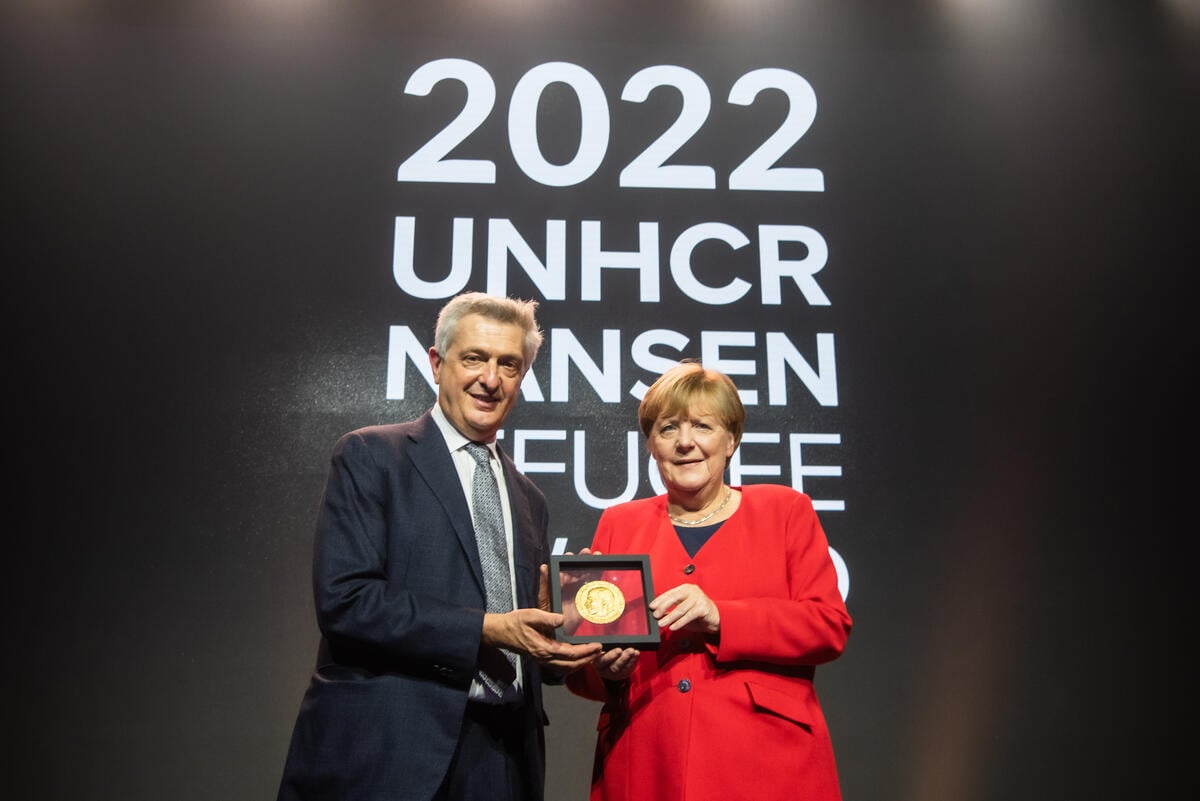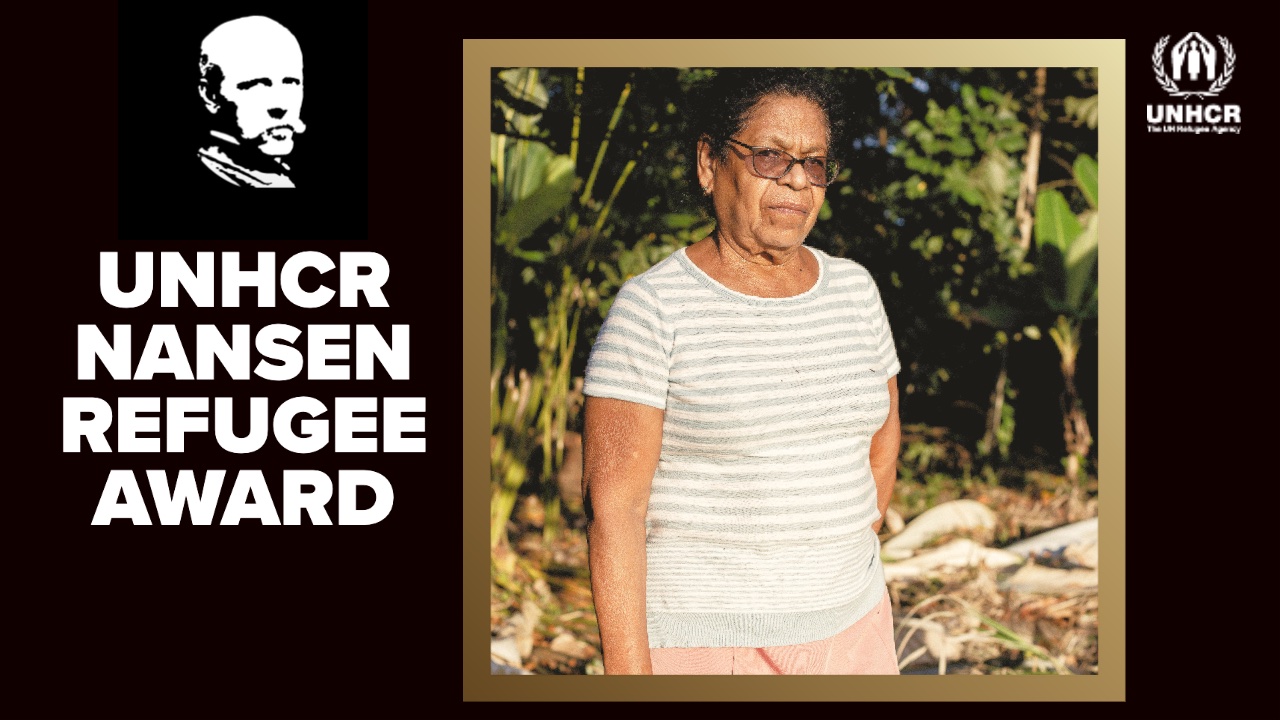Nansen Refugee Award goes to Russian NGO
Nansen Refugee Award goes to Russian NGO

GENEVA, April 30 (UNHCR) - The UN refugee agency has named the winner of this year's Nansen Refugee Award - a Russian non-governmental organisation that has helped tens of thousands of refugees and internally displaced people in the Russian Federation.
On Friday, High Commissioner Ruud Lubbers announced that the Nansen Award Committee had awarded this year's prize to the Moscow-based Memorial Human Rights Centre for its wide range of services on behalf of forced migrants and internally displaced people in the Russian Federation, as well as refugees from Africa, Asia and the Middle East.
"Last year, the Centre provided legal counselling to more than 21,300 people, including forced migrants, internally displaced people and asylum seekers," said High Commissioner Lubbers, noting that many of them came from outside the Commonwealth of Independent States (CIS). "It has carried out its work in often very difficult situations - including in the North Caucasus - and has earned the respect of all of us in the international humanitarian community."
Memorial Human Rights Centre has an impressive track record. Emerging during the former Soviet Union's "perestroika" period, it was formally established in 1987 as a department of the Memorial Society, one of the country's first NGOs. The Centre became independent in 1993, and was responsible for monitoring and reporting on the human rights situation in Russia and across the former USSR. Its scope of activities quickly expanded amid an influx of millions of forced migrants from the CIS and Baltic countries, as well as displacement from the Chechnya conflict. Gradually, it also gained expertise in providing help to thousands of refugees from further afield.
"UNHCR was one of the first international organisations that paid attention to our activities and provided us with both methodological and financial assistance," said Memorial Human Rights Centre Council member Svetlana Gannushkina. "But more importantly, it made the Russian authorities regard more positively activities carried out by NGOs."
Today, the Centre's network of some 150 dedicated staff work in more than 45 regions across the Russian Federation. Over the years, it has played a central role in several landmark Russian court decisions involving issues ranging from citizenship and residence permits to compensation for internally displaced persons. In 2002, it sought an amendment to Russia's new citizenship law and succeeded the following year.
These efforts have been recognised by the Nansen Refugee Award, which is given annually to individuals or organisations that have distinguished themselves in work on behalf of refugees.
"I think this support is very important to us," said Gannushkina. "It comes in appreciation of our work and highlights our activities. It is our hope that this award can help draw the attention of the Russian authorities to the work we've been doing and the problems our groups of concern are faced with."
The award, named after Fridtjof Nansen - Norwegian polar explorer and the world's first international refugee official - was created in 1954 and includes $100,000 for a refugee project of the recipient's choice. Previous recipients include Eleanor Roosevelt, King Juan Carlos I of Spain, Queen Juliana of the Netherlands, Médecins Sans Frontières, the late Tanzanian President Mwalimu Julius Nyerere, the people of Canada, Graça Machel and Italian tenor Luciano Pavarotti.
This year's award will be formally presented to the Memorial Human Rights Centre on June 20 - World Refugee Day - in Spain as part of the Universal Forum of Cultures, Barcelona 2004. The award ceremony will be presided over by Her Royal Highness the Infanta Cristina of Spain, and hosted by Spanish actor Imanol Arias in Barcelona's Palau de la Música Catalana. UNHCR Goodwill Ambassador Angelina Jolie will also attend as the High Commissioner's guest of honour.
The winner of the 2003 Nansen award, Italian humanitarian Dr. Annalena Tonelli, was shot and killed outside her hospital in Borama, north-western Somalia, last October. Since then, her beloved hospital has continued to operate through the efforts of the national staff and funding from her family and friends in her hometown of Forli, Italy. The UN Country Team for Somalia has also given technical assistance, including a laundry, kitchen and other buildings built for the hospital by UNHCR.
"The Nansen award has helped make it possible for the hospital to continue its important work," said Simone Wolken, UNHCR Representative in Somalia, and the person who nominated Dr. Tonelli for the award last year.

